When students fell on the classroom floor reeking of petrol or not turning up at all, Stojanovksi, a school liaison officer, became determined to help them.
When school liaison officer Andrew Stojanovski arrived at Yuendumu to find the remote aboriginal community ravaged by petrol sniffing, he had no idea this would turn into a story of hope for indigenous Australians.
Petrol sniffing had become an epidemic in the small Northern Territory community, 300 km northwest of Alice Springs, with half of the teenage population sniffing petrol to chase a mind-numbing high and then violently pursuing their next hit.
"The sniffer houses were the outback equivalent to the punk and hippy squats of cities," Stojanovski writes in his newly released book about Yuendumu called Dog Ear Cafe.
"Music blared from the ghetto-blaster, people used drugs (petrol) and partied, mattresses were thrown on the floor. If you were a 'cool' teenager in Yuendumu, it was the place to be. This was where the action was."
But with students asleep on the classroom floor reeking of petrol or not turning up, Stojanovksi became determined to help. So he joined forces with aboriginal elders Peggy Napijimpa Brown and Johnny Hooker Creek to set up the Mount Theo programme in 1994 that took the youths out of communities into a bush retreat to clean up.
After eight years, Yuendumu was free of petrol sniffing and the community's fortunes turned around. Stojanovski, Brown and Creek were awarded the Medal of the Order of Australia.
Stojanovski said he hoped other aboriginal communities could learn from the Mount Theo outstation programme and be inspired by Dog Ear Cafe to step in to save their youth.
The writer said the consequences of petrol sniffing were tragic with an endless list of horrific stories. Sniffers pulled knives on Stojanovski and threatened to kill him during his time in Yuendumu, but he persisted.
He cites the story of one teenager at a nearby community who was hallucinating on petrol when he dreamt that his friend had turned into the devil so picked up a piece of fire wood and attacked him, smashing his head until he was dead.
"If we didn't stop our kids from sniffing petrol, we were going to have kids in wheelchairs, kids who were disabled, who were brain-damaged," he said.
"We've had several kids catch on fire and nearly burn to death when they have been sniffing and smoking cigarettes. It's just horrific."
Mount Theo camp was set up in the aboriginal traditional way of life with no houses or electricity, and evenings spent around the camp fire telling dream time stories to help empower the young and give them a sense of their identity.
Stojanovski said at first the petrol sniffers in Yuendumu were reluctant to go to the camp but they were forced by the community's elders. They would spend a month there, then come back to Yuendumu. If they sniffed again, they would be sent back to the camp.
Some of the sniffers went out to Mount Theo 20 times but eventually they reformed and even set up further youth programs to help with their education and career training.
"This community has defeated a problem that everyone else said was unsolvable. And they went onto the next stage of empowering their young people to have meaningful, fulfilling, vibrant lives," said Stojanovski.
Australia's 460,000 aborigines make up about 2% of the population but have a 17-year lower life expectancy than other Australians and suffer higher rates of unemployment, imprisonment, domestic abuse and substance abuse.
"It's an awesome life out there. The only way to really know Australia is to understand the spiritual powers of the land, and the people who can guide you there are the aboriginal people," he said.
![submenu-img]() Watch: Shah Rukh Khan's new look in short hair takes the internet by storm, fans call him 'style guru'
Watch: Shah Rukh Khan's new look in short hair takes the internet by storm, fans call him 'style guru'![submenu-img]() DNA TV Show: Will President's rule be imposed in Delhi?
DNA TV Show: Will President's rule be imposed in Delhi?![submenu-img]() Watch: Police try to destroy liquor bottles worth Rs 50 lakh, locals steal them, video goes viral
Watch: Police try to destroy liquor bottles worth Rs 50 lakh, locals steal them, video goes viral![submenu-img]() This state to get 3 new Vande Bharat express trains from Sept 15; check route and other details
This state to get 3 new Vande Bharat express trains from Sept 15; check route and other details![submenu-img]() Jacqueliene Fernandez resumes work with month-long shoot for Housefull 5 in London
Jacqueliene Fernandez resumes work with month-long shoot for Housefull 5 in London![submenu-img]() Haryana Elections: जुलाना में कांग्रेस-AAP के बीच 'दंगल', पहलवान विनेश फोगाट के खिलाफ WWE रेसलर को उतारा
Haryana Elections: जुलाना में कांग्रेस-AAP के बीच 'दंगल', पहलवान विनेश फोगाट के खिलाफ WWE रेसलर को उतारा ![submenu-img]() Udhampur Encounter: J-K Assembly Elections 2024 के प्रचार के बीच उधमपुर में एनकाउंटर, सेना ने घेरे 4 आतंकी
Udhampur Encounter: J-K Assembly Elections 2024 के प्रचार के बीच उधमपुर में एनकाउंटर, सेना ने घेरे 4 आतंकी![submenu-img]() 1 लाख रोजगार, महिलाओं को हर महीने 3000... जम्मू-कश्मीर के लिए कांग्रेस ने दी 5 गारंटी
1 लाख रोजगार, महिलाओं को हर महीने 3000... जम्मू-कश्मीर के लिए कांग्रेस ने दी 5 गारंटी![submenu-img]() ICC Test Ranking: टेस्ट रैंकिंग में रोहित शर्मा का जलवा, विराट कोहली को भी हुआ बंपर फायदा, जानें बाबर आजम का हाल
ICC Test Ranking: टेस्ट रैंकिंग में रोहित शर्मा का जलवा, विराट कोहली को भी हुआ बंपर फायदा, जानें बाबर आजम का हाल![submenu-img]() शिमला में संजौली मस्जिद विवाद पर लाठीचार्ज, झड़प में कई पुलिसकर्मी घायल, छावन�ी में तब्दील हुआ इलाका
शिमला में संजौली मस्जिद विवाद पर लाठीचार्ज, झड़प में कई पुलिसकर्मी घायल, छावन�ी में तब्दील हुआ इलाका ![submenu-img]() Auto giant gifts Olympic medallist Manu Bhaker this car, it costs Rs...
Auto giant gifts Olympic medallist Manu Bhaker this car, it costs Rs...![submenu-img]() Union Minister Nitin Gadkari says this big carmaker ignored his advice on EVs, 'now they've…'
Union Minister Nitin Gadkari says this big carmaker ignored his advice on EVs, 'now they've…'![submenu-img]() Tata Safari, rival to Hyundai Alcazar Facelift gets massive discount, save up to Rs…
Tata Safari, rival to Hyundai Alcazar Facelift gets massive discount, save up to Rs…![submenu-img]() Hyundai Alcazar facelift launched in India: Check price, design and other features
Hyundai Alcazar facelift launched in India: Check price, design and other features![submenu-img]() Jawa 42 FJ vs Royal Enfield Classic 350: Price, engine, specs compared
Jawa 42 FJ vs Royal Enfield Classic 350: Price, engine, specs compared ![submenu-img]() Meet man, who cracked UPSC twice, has 20 degrees, resigned as IAS officer due to...
Meet man, who cracked UPSC twice, has 20 degrees, resigned as IAS officer due to...![submenu-img]() Meet woman, daughter of widow labourer who cleared UPSC twice, became IPS at 21, IAS at 22, she is famous as India’s...
Meet woman, daughter of widow labourer who cleared UPSC twice, became IPS at 21, IAS at 22, she is famous as India’s...![submenu-img]() Meet Indian genius, son of IIT-JEE topper, who won gold at world’s toughest...
Meet Indian genius, son of IIT-JEE topper, who won gold at world’s toughest...![submenu-img]() AIAPGET 2024: Counselling registration starts today, check details here
AIAPGET 2024: Counselling registration starts today, check details here![submenu-img]() Meet woman who topped class 10, 12, CLAT, law school, cleared UPSC in 1st try, got AIR 60 with self-study, now posted...
Meet woman who topped class 10, 12, CLAT, law school, cleared UPSC in 1st try, got AIR 60 with self-study, now posted...![submenu-img]() Manipur Violence: Curfew Imposed In Three Manipur Districts Amid Drone, Rocket Attacks By Insurgents
Manipur Violence: Curfew Imposed In Three Manipur Districts Amid Drone, Rocket Attacks By Insurgents![submenu-img]() Kolkata Doctor Case: Victim's Mother Blasts CM Mamata Banerjee's 'Insensitive' Durga Puja call
Kolkata Doctor Case: Victim's Mother Blasts CM Mamata Banerjee's 'Insensitive' Durga Puja call![submenu-img]() Apple Watch Series 10 Launch: Key Highlights & Specs | All-New Apple Watch Unveiled
Apple Watch Series 10 Launch: Key Highlights & Specs | All-New Apple Watch Unveiled![submenu-img]() Ukraine-Russia War: Airports Shut, One Dead As Ukraine Launches Massive Drone Attack On Moscow
Ukraine-Russia War: Airports Shut, One Dead As Ukraine Launches Massive Drone Attack On Moscow![submenu-img]() Kolkata Doctor Case: 'CM Wanted To Strangle The Protest', Victim’s Mother Rejects CM Mamata's Claim
Kolkata Doctor Case: 'CM Wanted To Strangle The Protest', Victim’s Mother Rejects CM Mamata's Claim![submenu-img]() RBI slaps Rs 10000000 penalty on India's largest bank for...
RBI slaps Rs 10000000 penalty on India's largest bank for...![submenu-img]() Mukesh Ambani's Reliance ties up with Israeli company to launch....
Mukesh Ambani's Reliance ties up with Israeli company to launch....![submenu-img]() Auto giant gifts Olympic medallist Manu Bhaker this car, it costs Rs...
Auto giant gifts Olympic medallist Manu Bhaker this car, it costs Rs...![submenu-img]() Meet woman, daughter of an Indian billionaire, she leads Rs 20335 crore company, Mukesh Ambani is her…
Meet woman, daughter of an Indian billionaire, she leads Rs 20335 crore company, Mukesh Ambani is her…![submenu-img]() Meet man, who worked at Mukesh Ambani's company for 5 yrs, resigned to launch Rs 1091 crore...
Meet man, who worked at Mukesh Ambani's company for 5 yrs, resigned to launch Rs 1091 crore...![submenu-img]() This actor proposed to Hema Malini for marriage, got rejected, remained single, predicted his own death; then died at...
This actor proposed to Hema Malini for marriage, got rejected, remained single, predicted his own death; then died at...![submenu-img]() Meet Salman Khan’s ‘sister’, who became star at 10, left Bollywood after giving Rs 400-crore hit, now earns through…
Meet Salman Khan’s ‘sister’, who became star at 10, left Bollywood after giving Rs 400-crore hit, now earns through…![submenu-img]() Rs 4000 crore palace, 8 jets, 700 cars: All about Abu Dhabi royal family
Rs 4000 crore palace, 8 jets, 700 cars: All about Abu Dhabi royal family![submenu-img]() Mukesh Ambani's fitness secret: From morning yoga to simple lunch, here are all details
Mukesh Ambani's fitness secret: From morning yoga to simple lunch, here are all details![submenu-img]() Top Tata Motors cars to buy in India
Top Tata Motors cars to buy in India![submenu-img]() Watch: Police try to destroy liquor bottles worth Rs 50 lakh, locals steal them, video goes viral
Watch: Police try to destroy liquor bottles worth Rs 50 lakh, locals steal them, video goes viral![submenu-img]() This state to get 3 new Vande Bharat express trains from Sept 15; check route and other details
This state to get 3 new Vande Bharat express trains from Sept 15; check route and other details![submenu-img]() Kolkata rape-murder case: Doctors say protest to continue as CM Mamata Banerjee invites them for talks
Kolkata rape-murder case: Doctors say protest to continue as CM Mamata Banerjee invites them for talks![submenu-img]() Weather Update: IMD predicts extremely heavy rain in this state, light to moderate rain in these states; check forecast
Weather Update: IMD predicts extremely heavy rain in this state, light to moderate rain in these states; check forecast![submenu-img]() J&K terror funding case: Baramulla MP Engineer Rashid gets bail till October 2 due to…
J&K terror funding case: Baramulla MP Engineer Rashid gets bail till October 2 due to…




















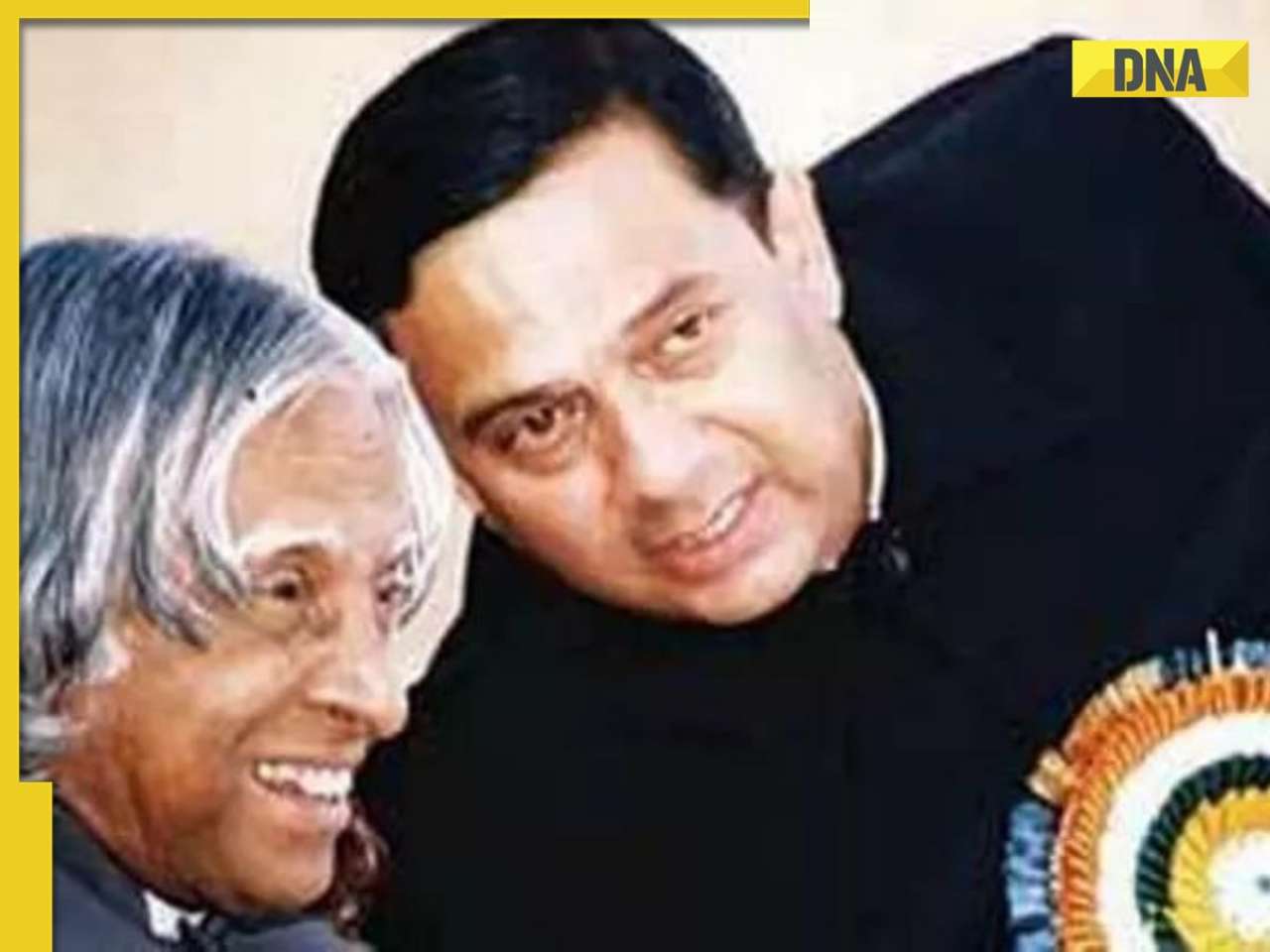



















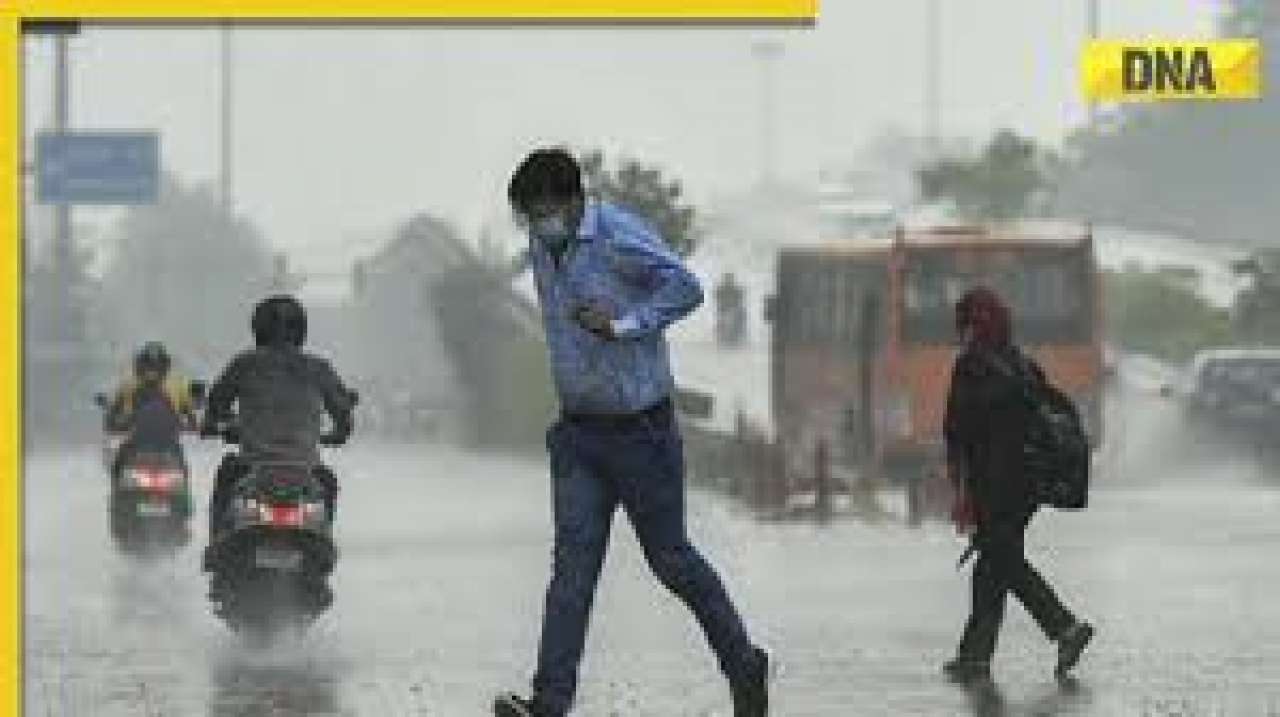
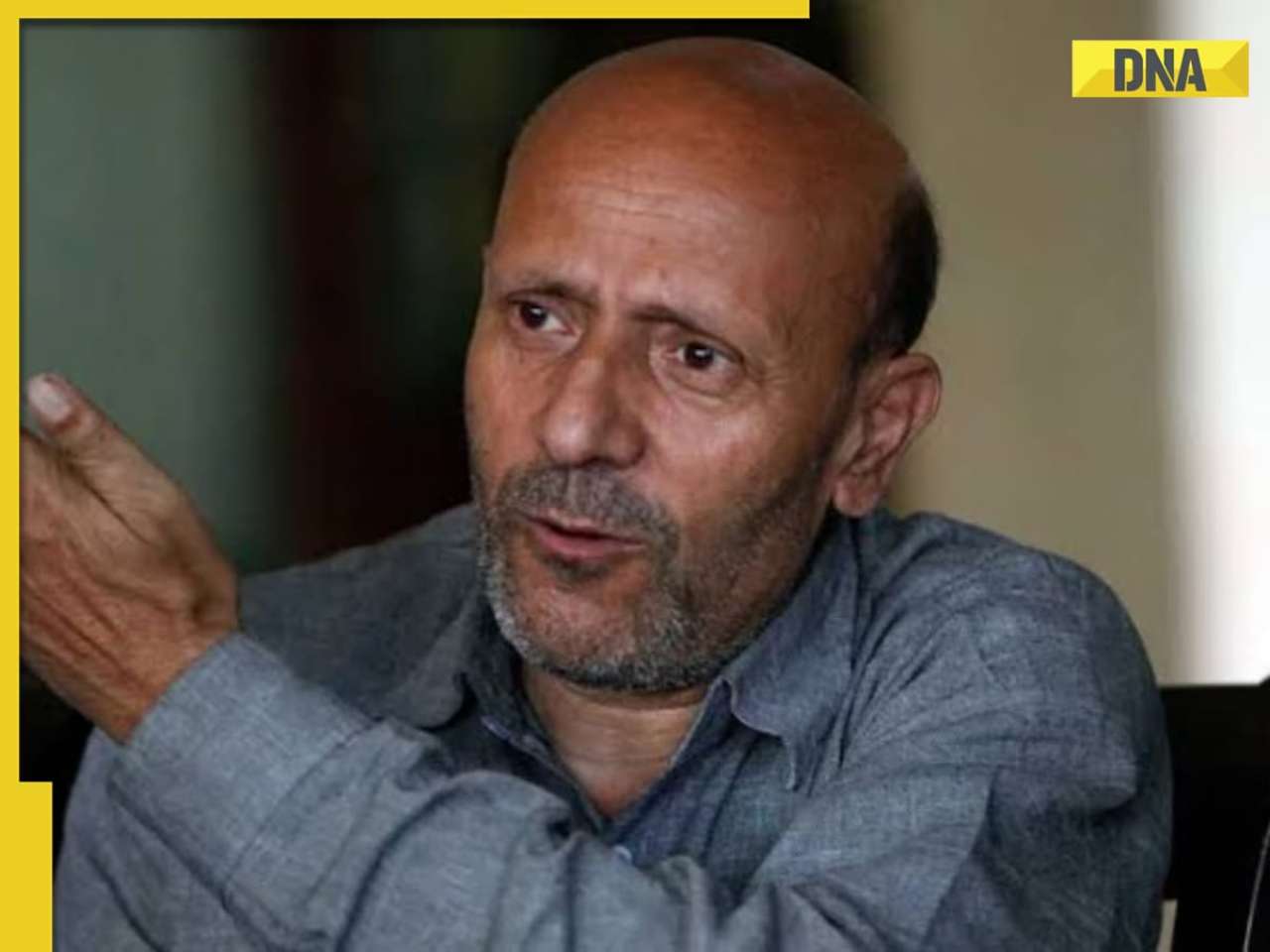


)
)
)
)
)
)
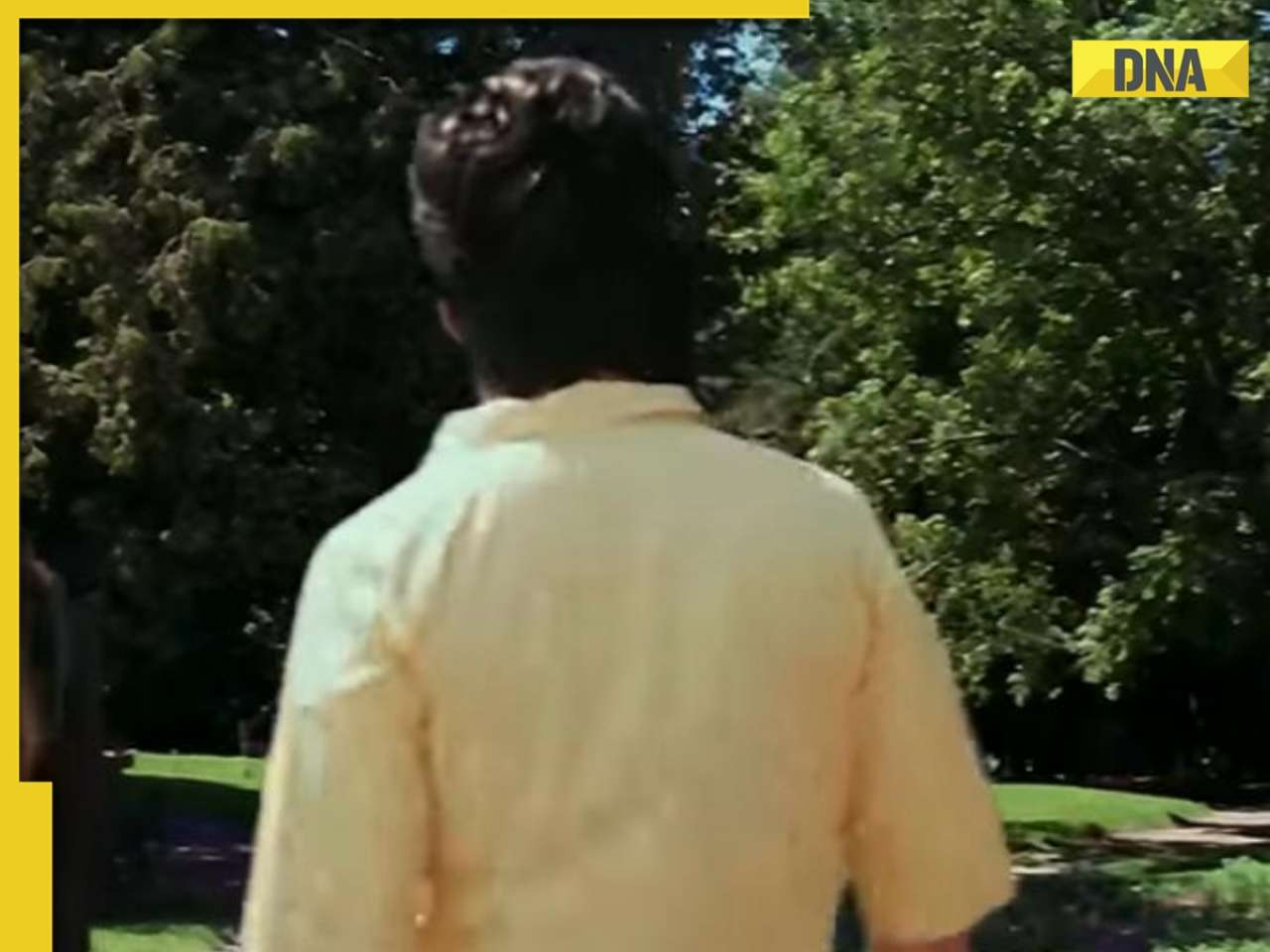)
)
)
)
)
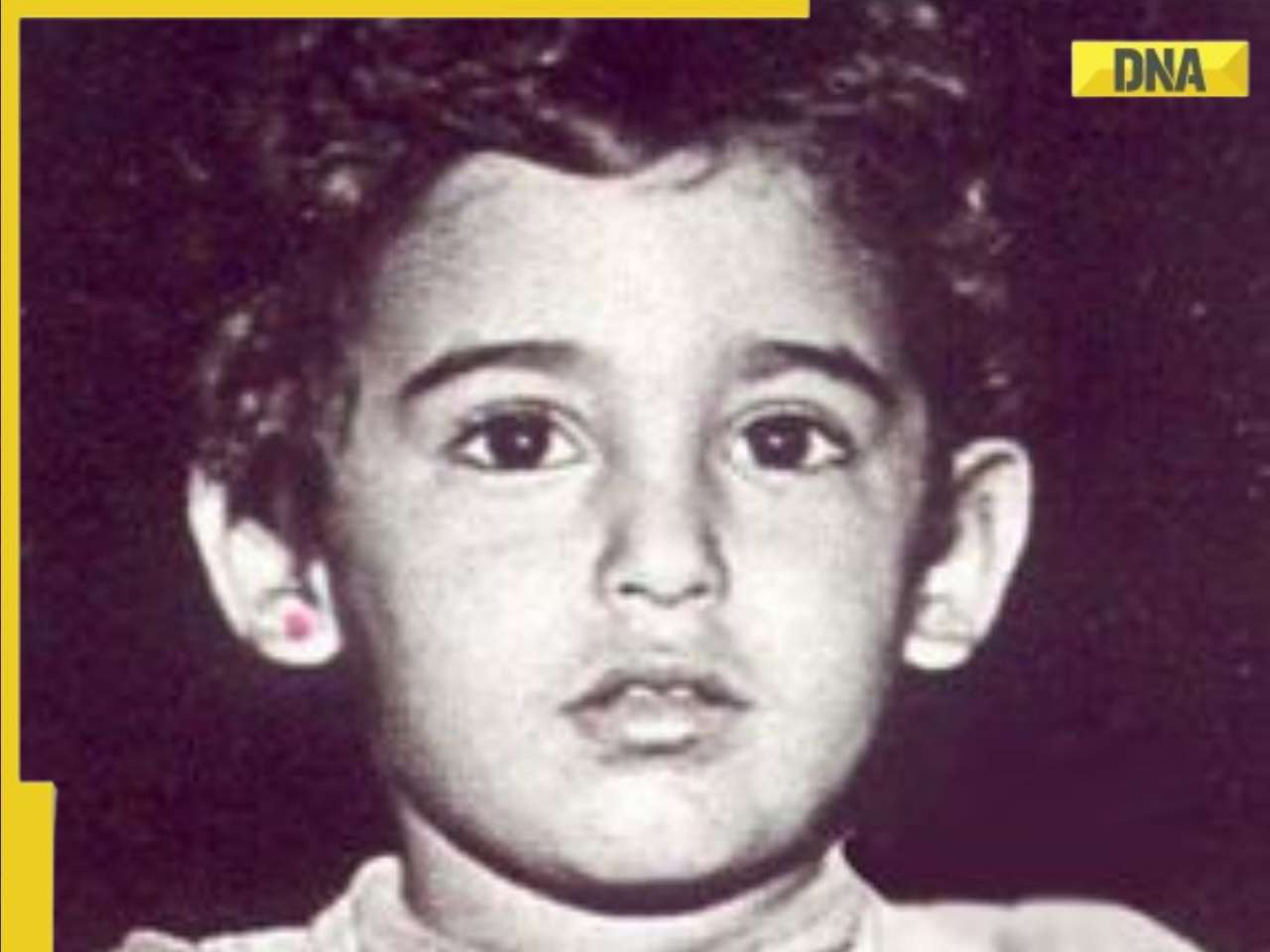)
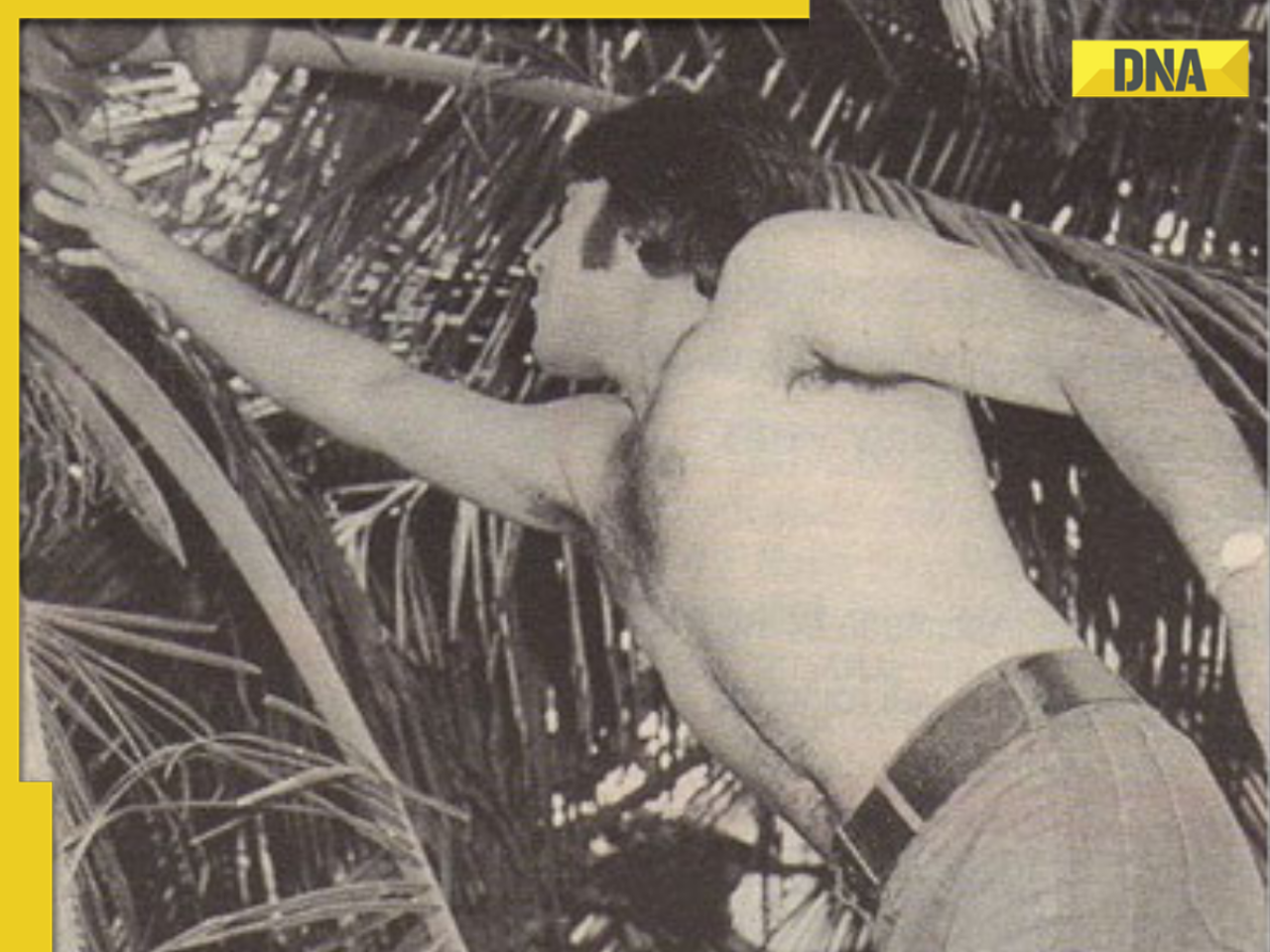)
)





)
)
)
)
)
)